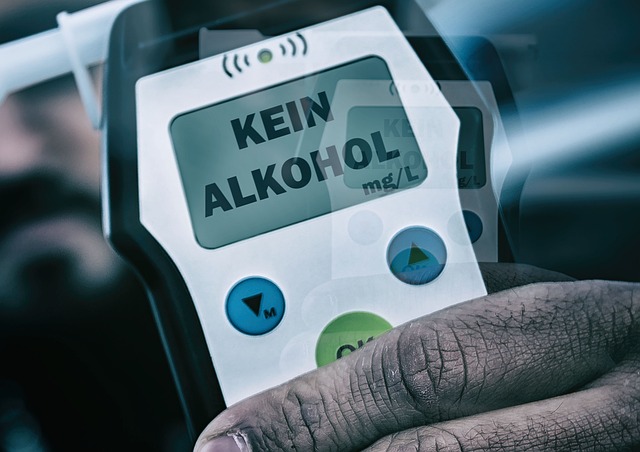Understanding modern vehicle safety features like ABS, ESC, airbags, and ADAS such as lane departure warning and adaptive cruise control is crucial for first-time DUI offenders. These features empower drivers to make safer choices, showcasing their commitment to responsible driving. DUI laws, aimed at saving lives, provide second chances, combining prevention with rehabilitation. Second chance programs educate offenders about vehicle safety features and DUI law implications, introducing advanced systems like automatic emergency braking and lane-keeping assist to reduce accident risks, fostering safe community driving cultures.
In today’s digital era, first-time offenders often find themselves at a crossroads, facing consequences that can shape their future. This article explores the concept of second chances, focusing on two key areas: vehicle safety features as a lifeline on the road and DUI laws aimed at protecting lives. We delve into accessible second chance programs designed to help first-time offenders turn their lives around, emphasizing the importance of understanding both safety measures and legal protections.
- Understanding Vehicle Safety Features: A Lifeline on the Road
- DUI Laws: Protecting Lives and Second Chances
- Navigating Second Chance Programs for First-Time Offenders
Understanding Vehicle Safety Features: A Lifeline on the Road

Understanding vehicle safety features is crucial for all drivers, but especially for first-time offenders navigating the complexities of DUI law. Modern cars are equipped with a range of advanced safety systems designed to protect occupants and reduce the risk of accidents. These features include anti-lock braking systems (ABS), which prevent wheels from locking up during hard stops, and electronic stability control (ESC), which helps drivers maintain control in critical situations.
Additionally, airbag systems, both frontal and side impact, provide a crucial layer of protection in collisions. Advanced driver-assistance systems (ADAS) like lane departure warning and adaptive cruise control further enhance safety by alerting drivers to potential hazards. For first-time offenders, becoming familiar with these safety features can empower them to make safer choices on the road, demonstrating their commitment to responsible driving and potentially influencing their DUI law outcomes.
DUI Laws: Protecting Lives and Second Chances

DUI laws, designed to protect lives and promote vehicle safety features, offer a crucial second chance for first-time offenders. These stringent regulations target impaired driving, recognizing that even a single mistake can have devastating consequences. By focusing on DUI prevention, law enforcement agencies aim to deter future incidents while offering rehabilitation opportunities.
Vehicle safety features play a significant role in these laws’ effectiveness. Advanced technologies like airbag systems, anti-lock braking, and electronic stability control are not just designed for accident avoidance but also contribute to the overall safety of drivers and passengers, especially in the event of a DUI incident. Understanding the interplay between DUI law and vehicle safety highlights the multifaceted approach to ensuring roads are safe for everyone.
Navigating Second Chance Programs for First-Time Offenders

Many first-time offenders, especially those facing DUI charges, can benefit from second chance programs designed to help them turn their lives around. These programs often include educational components focused on vehicle safety features and the implications of DUI laws. By participating in such initiatives, individuals can gain valuable insights into responsible driving habits and the potential consequences of breaking the law.
Navigating these programs requires an open mind and a commitment to change. Offenders learn about advanced vehicle safety systems like automatic emergency braking and lane-keeping assist, which can significantly reduce the risk of accidents. Understanding DUI laws and their impact on both individuals and communities is crucial. Through workshops and counseling sessions, first-time offenders can develop strategies to avoid future legal troubles and foster a culture of safe driving practices.
For first-time offenders, the prospect of a second chance is essential for personal growth and community safety. By understanding vehicle safety features and adhering to strict DUI laws, individuals can make responsible choices that prevent future mistakes. Navigating second chance programs offers an opportunity to learn from their errors, ensuring a safer future for themselves and others on the road.






